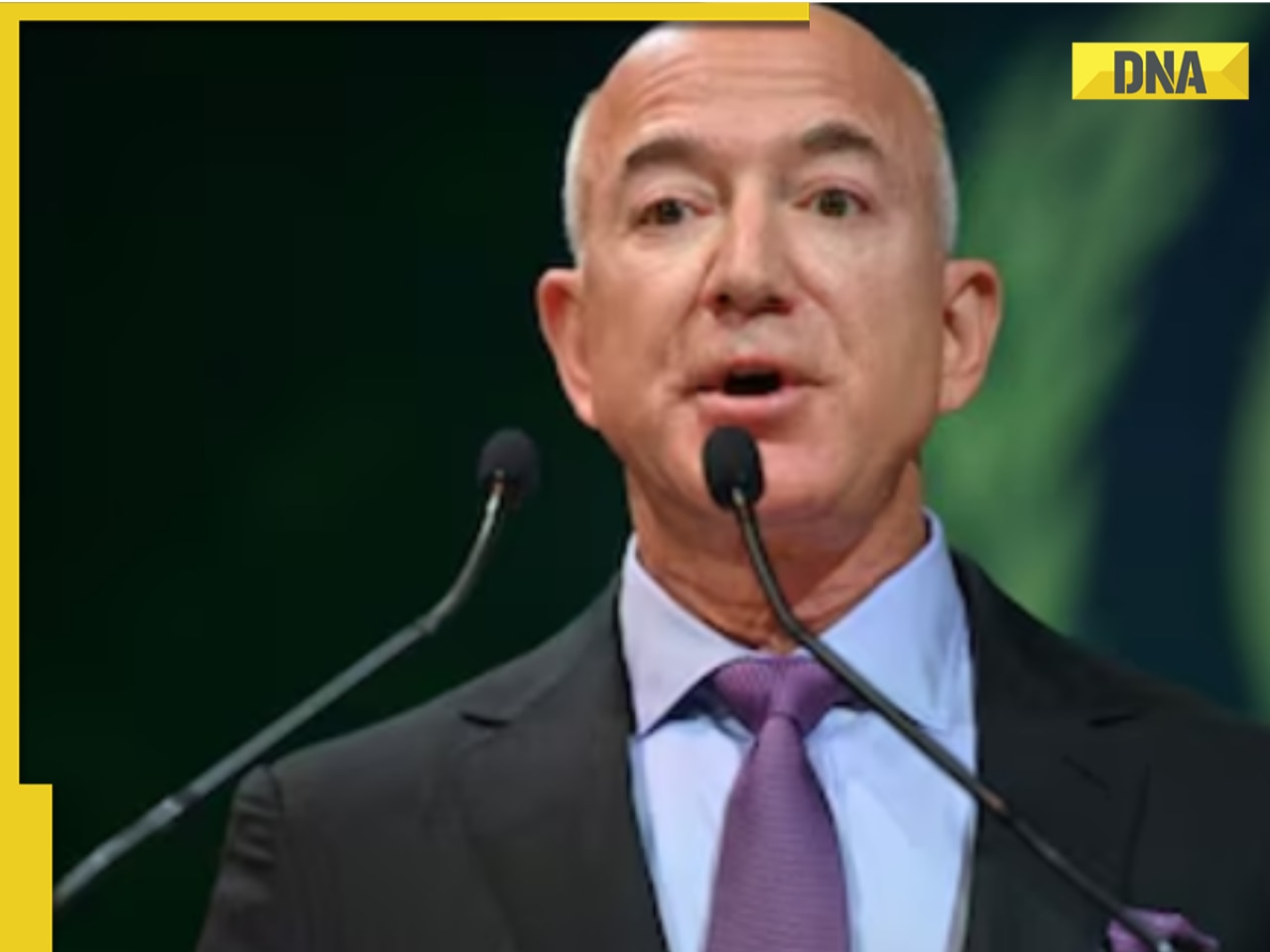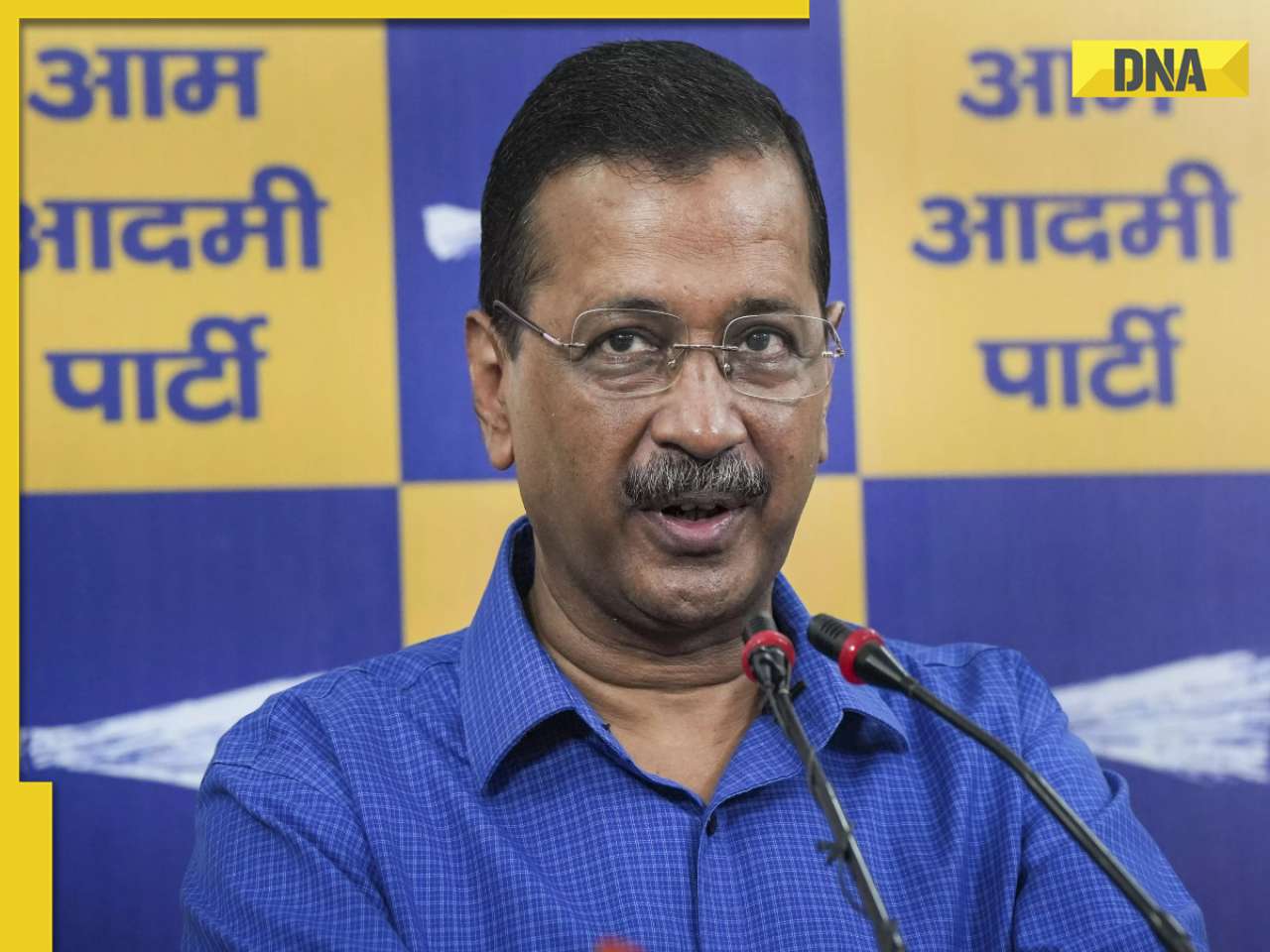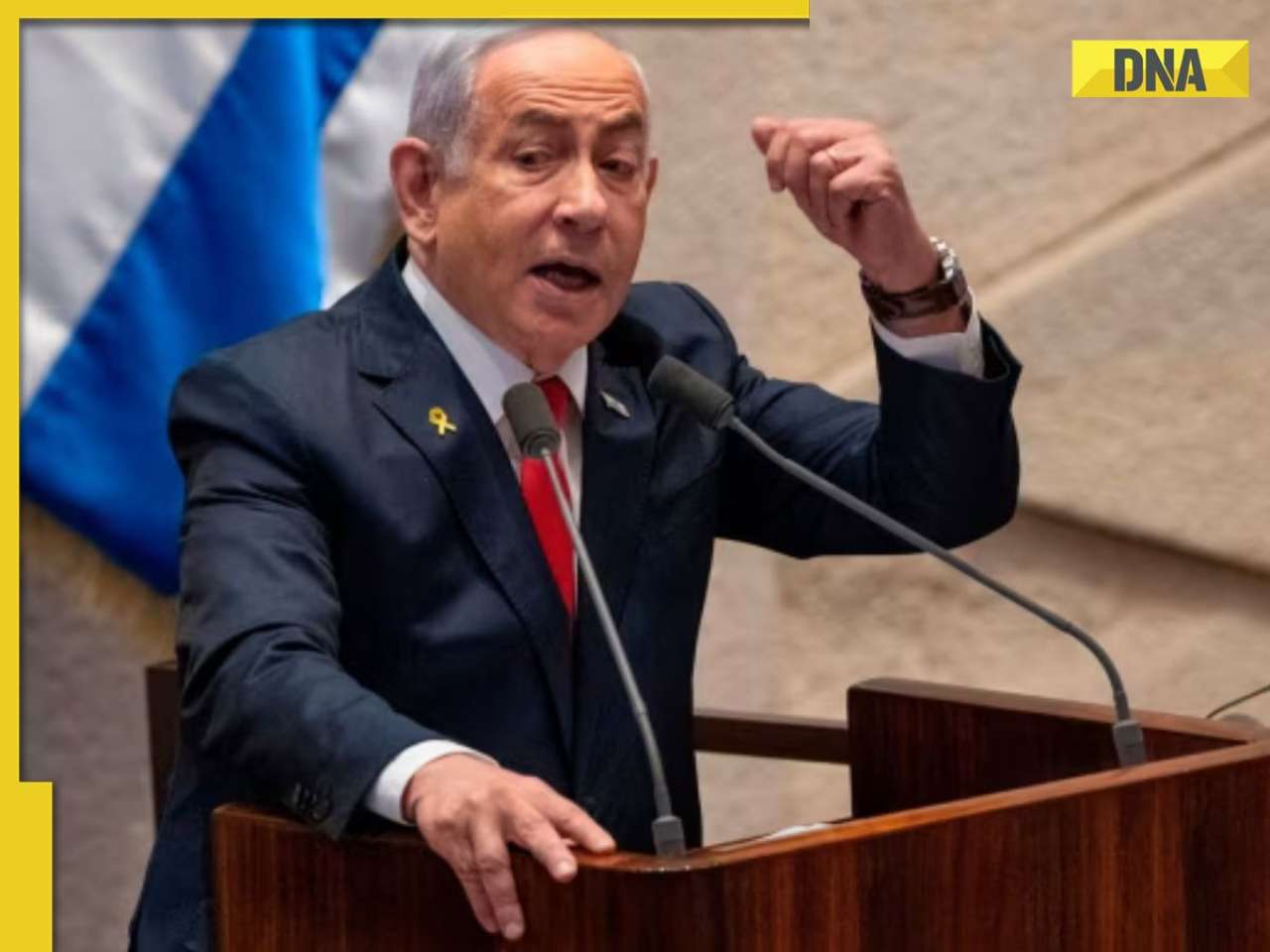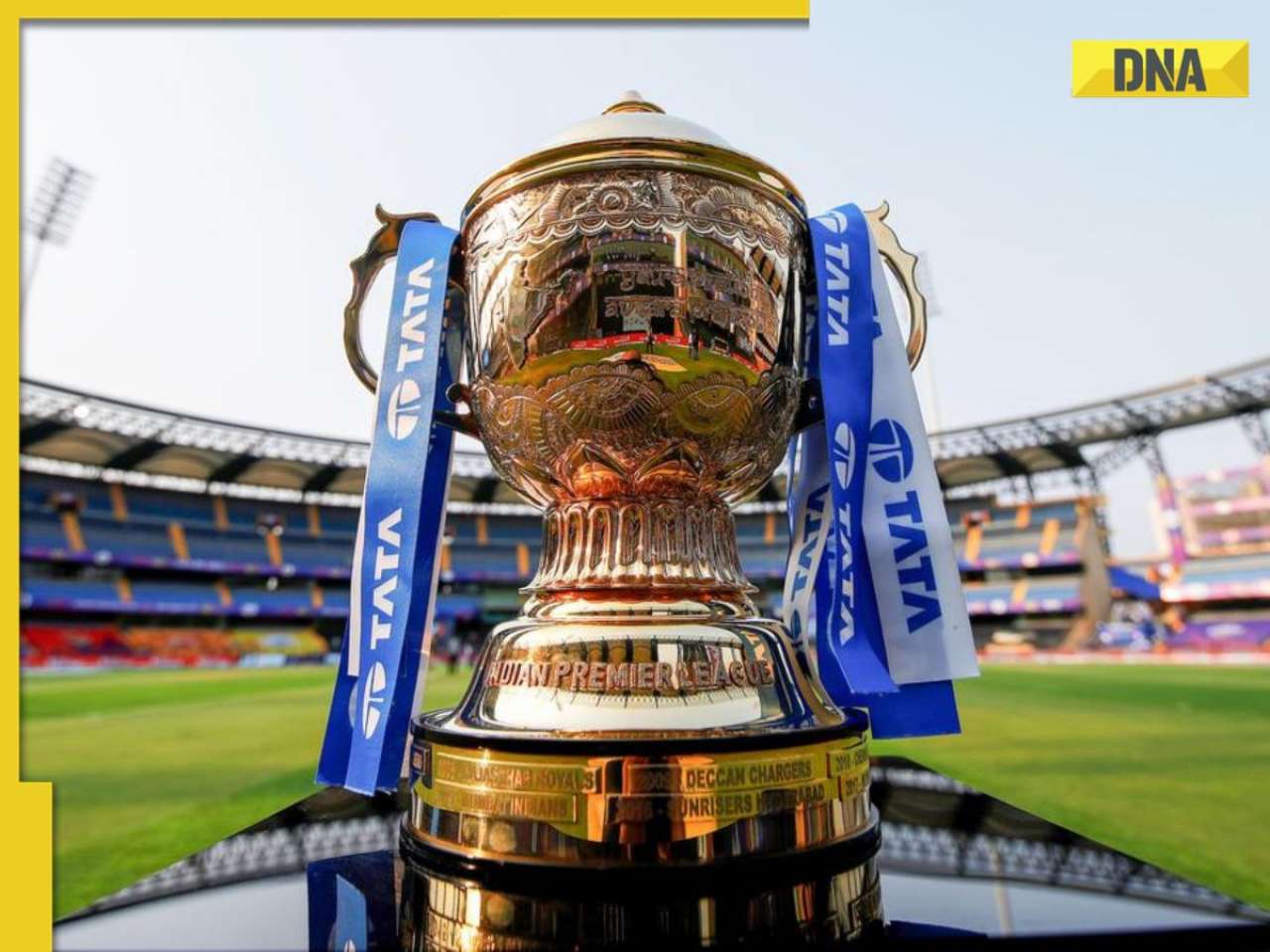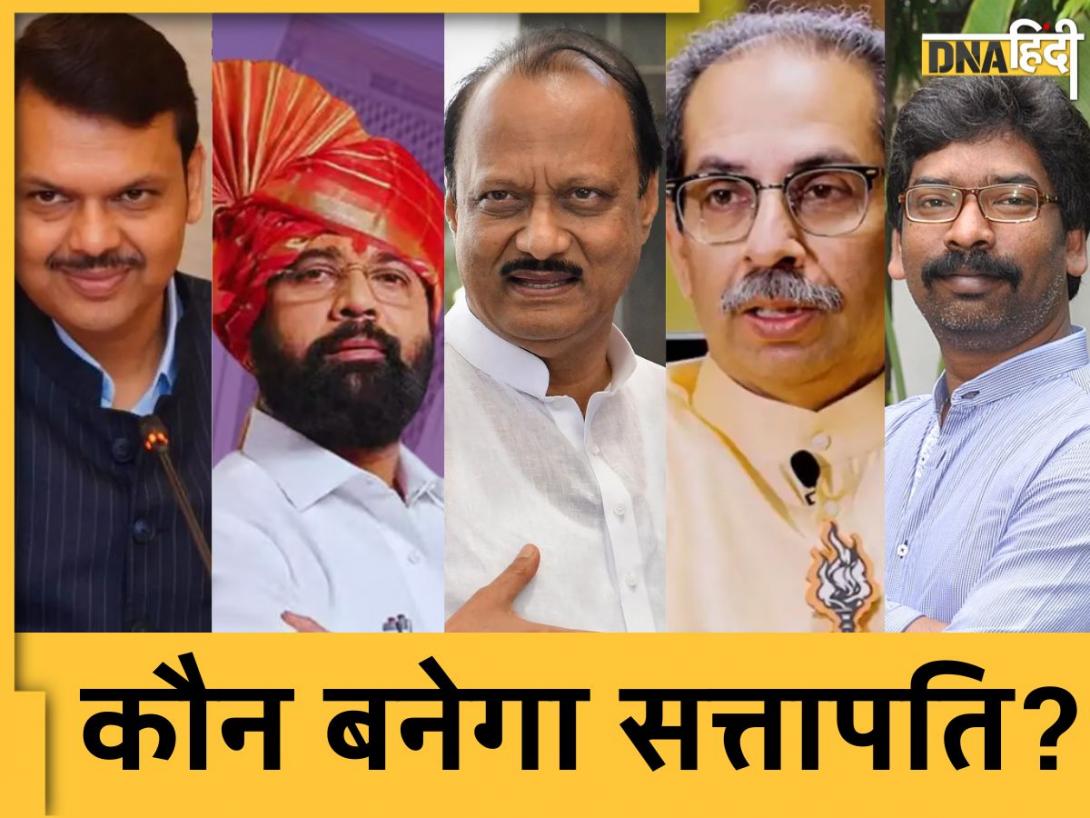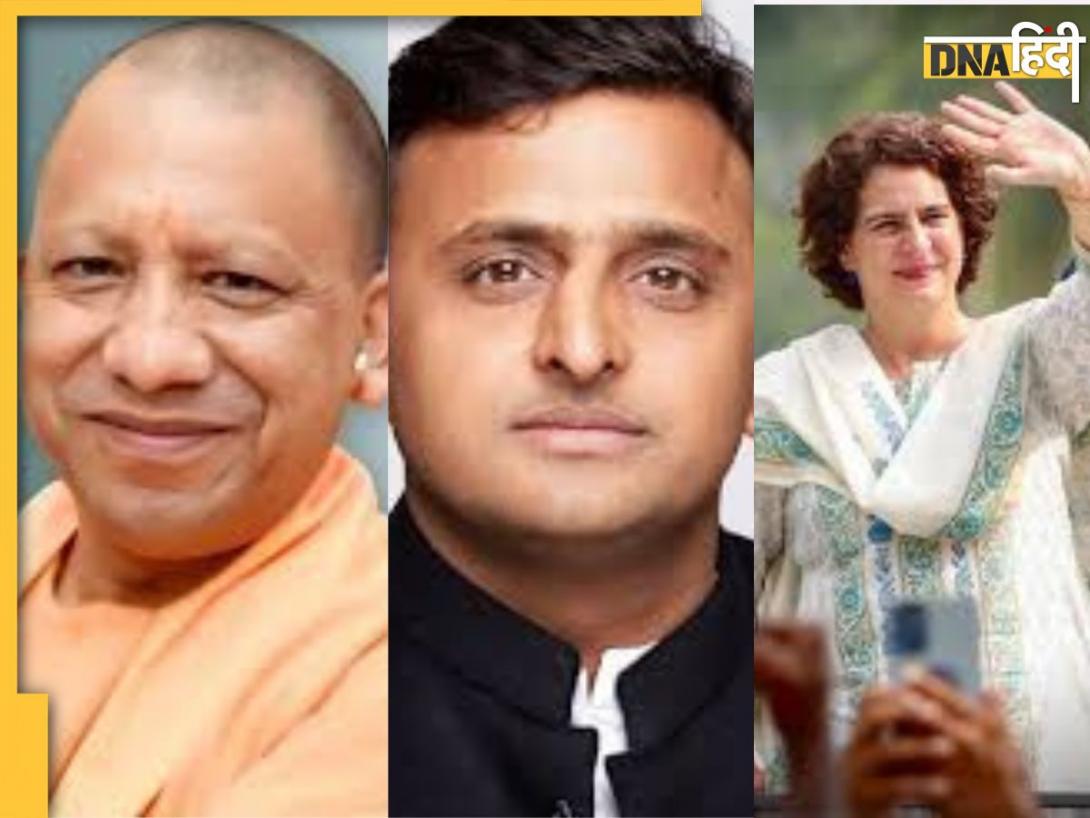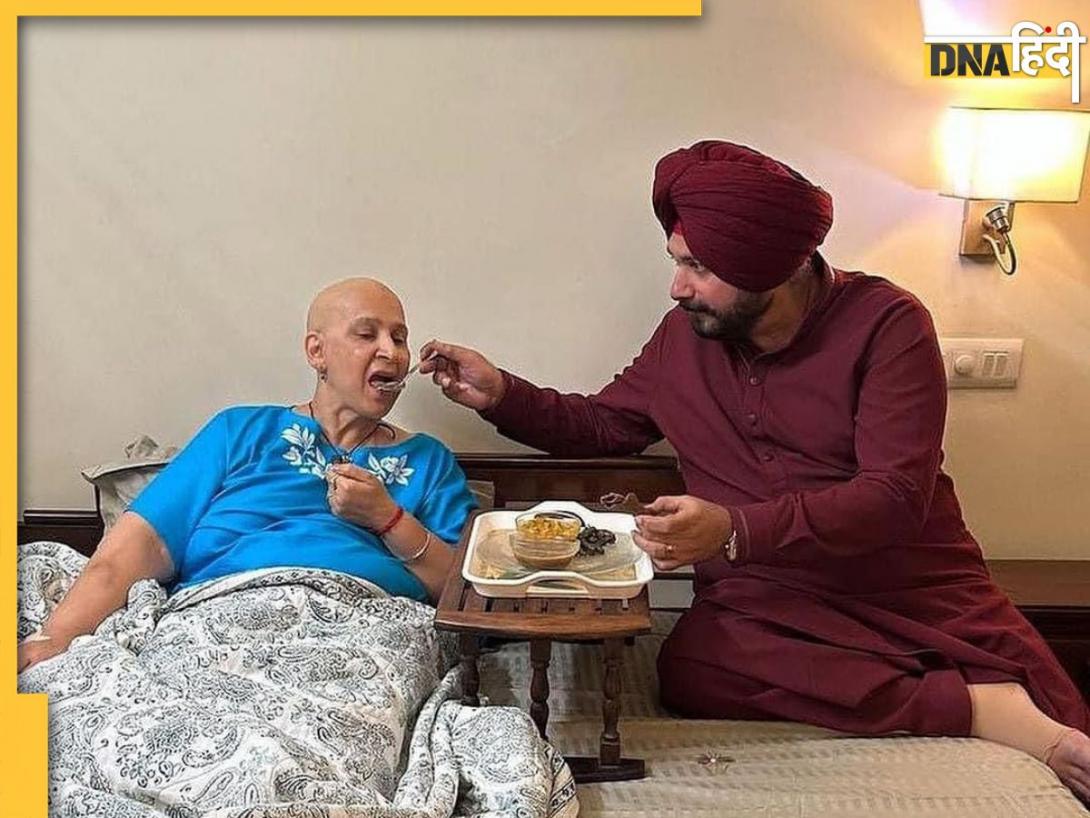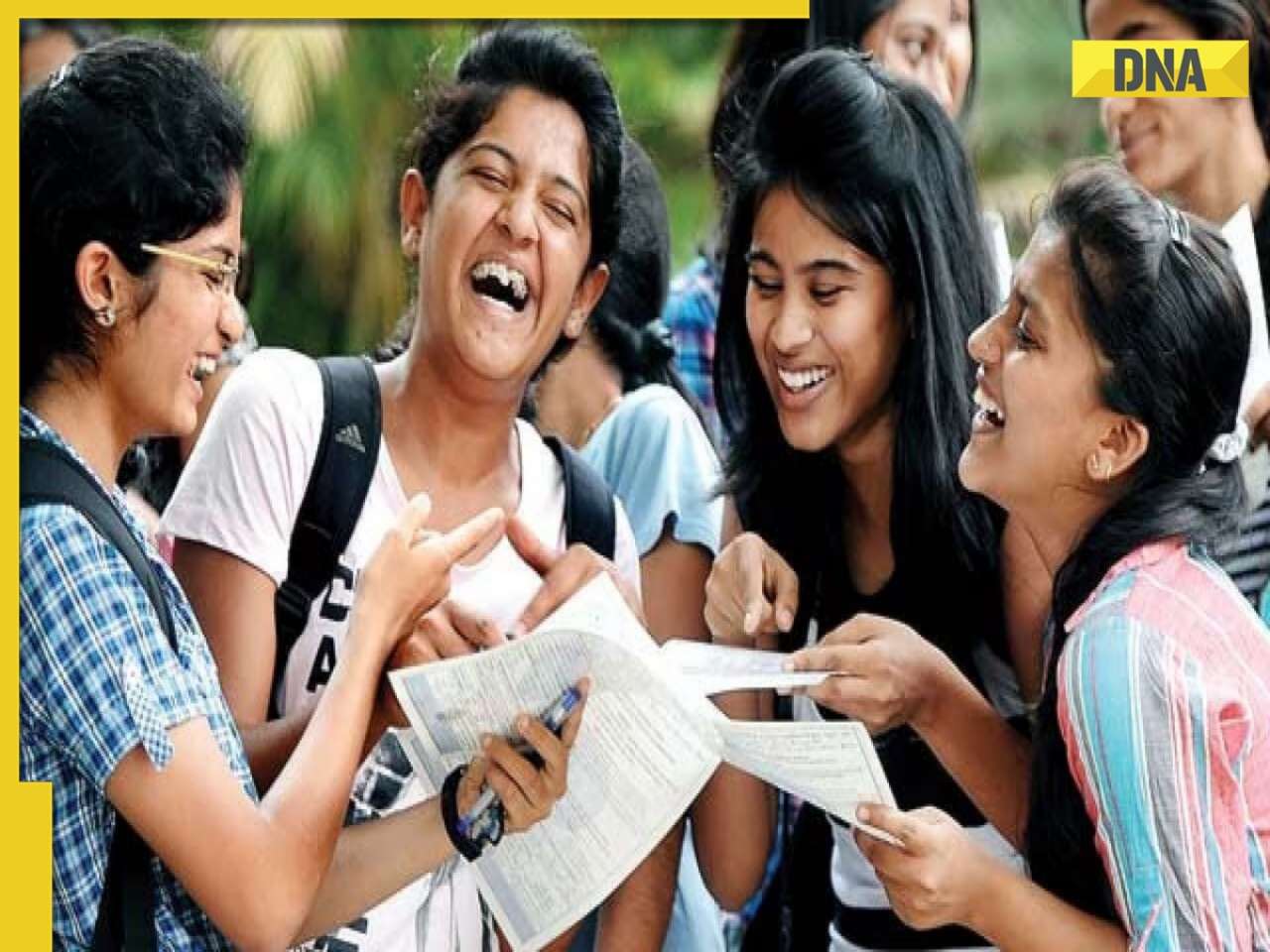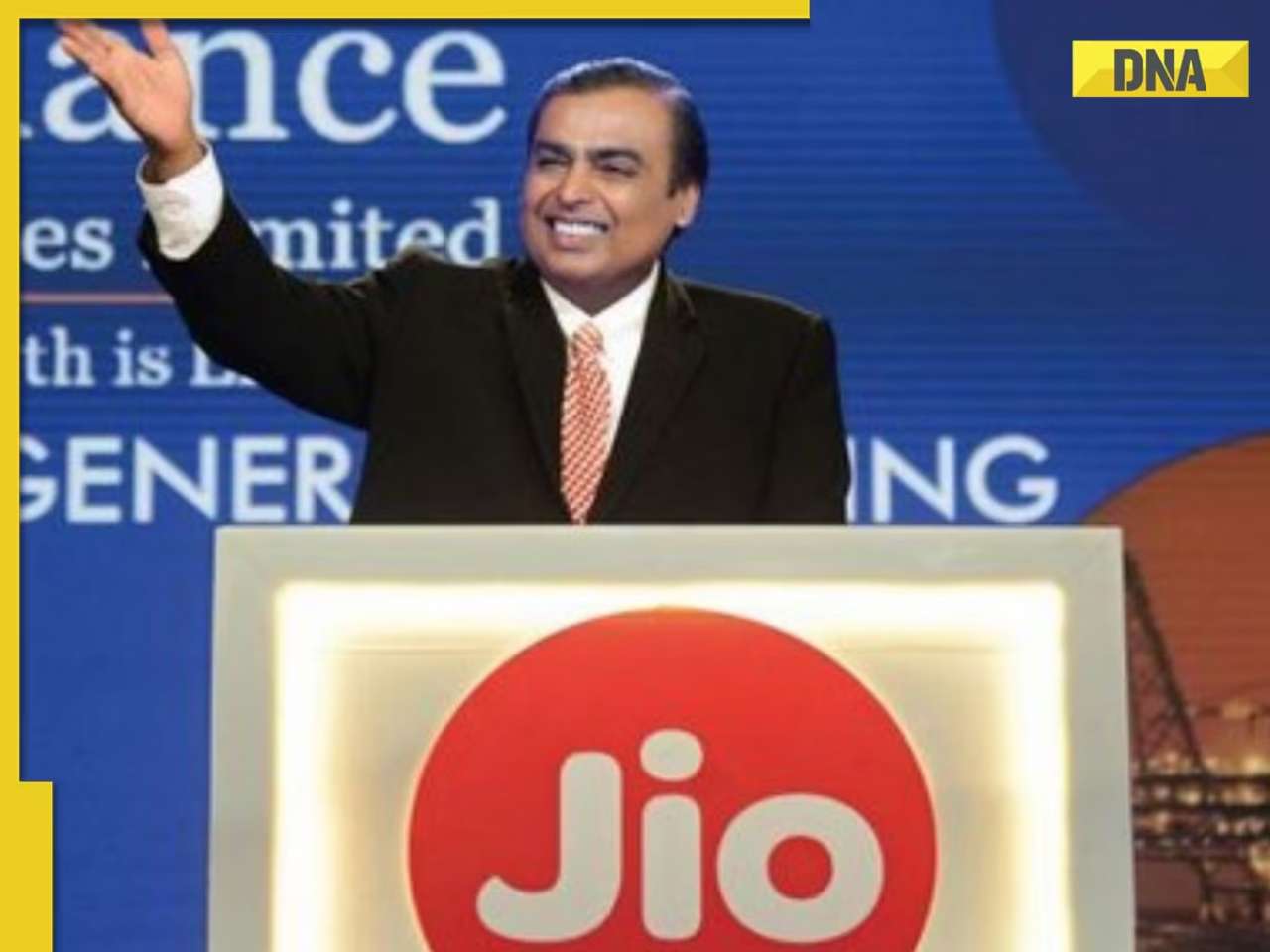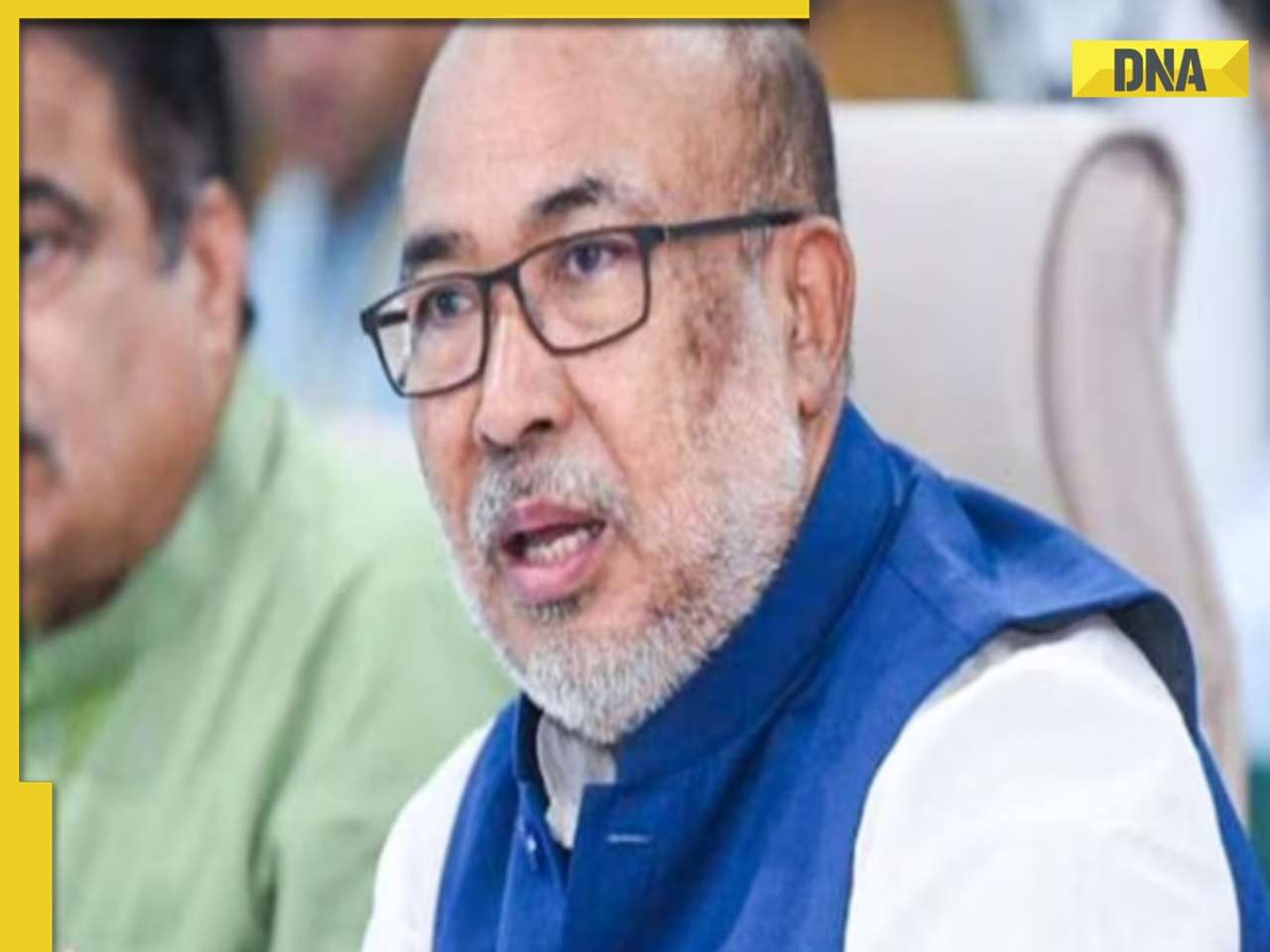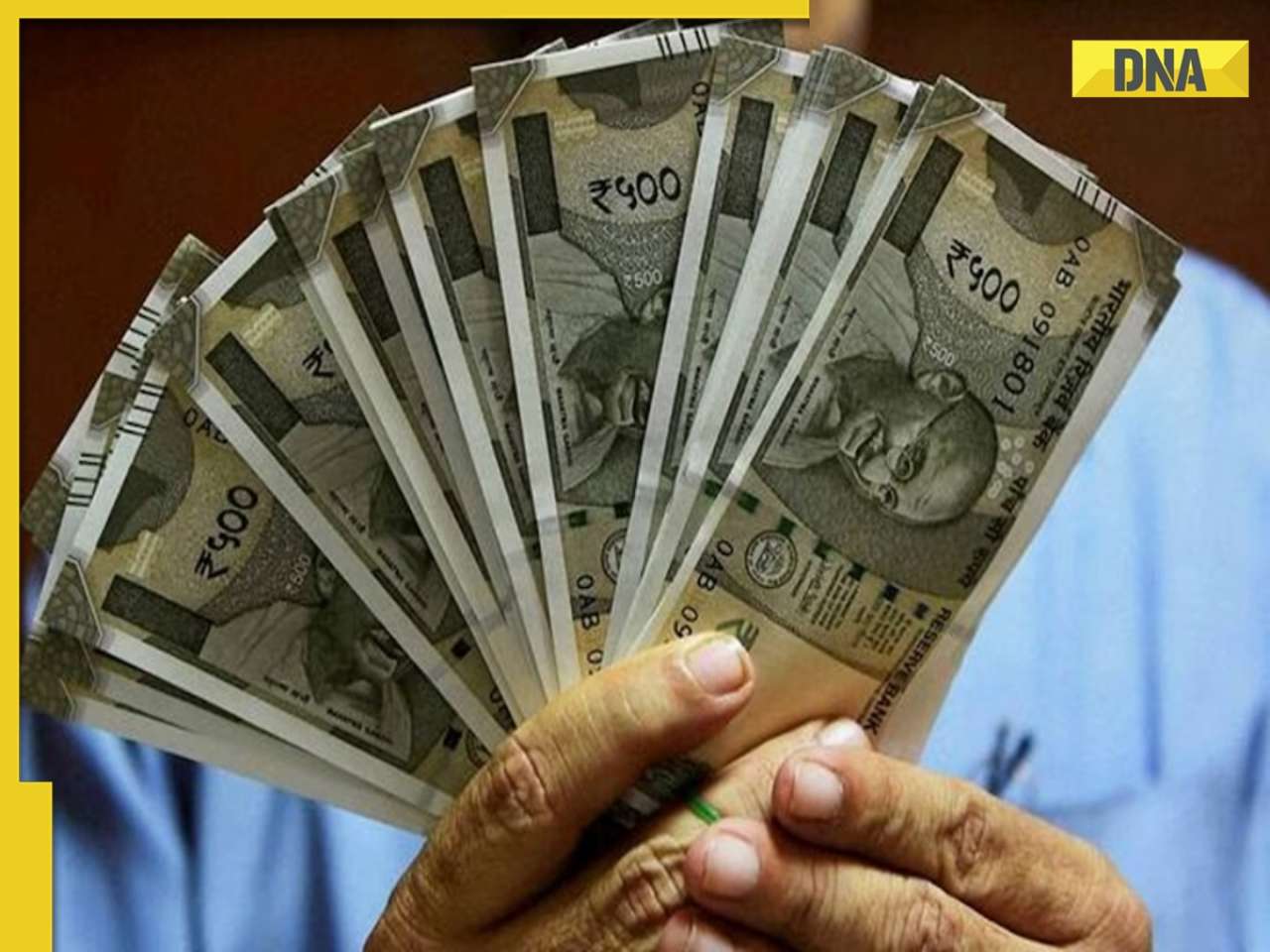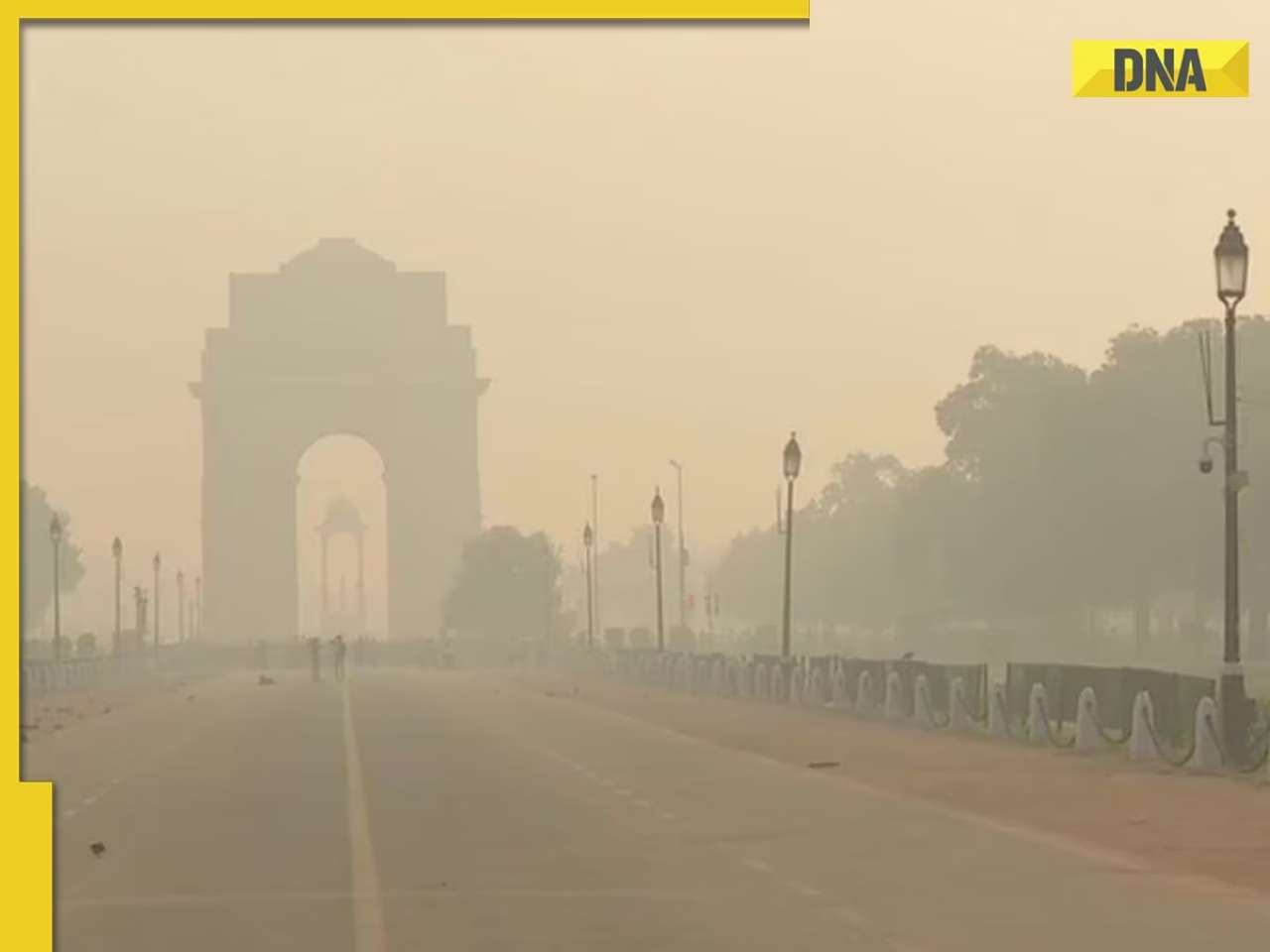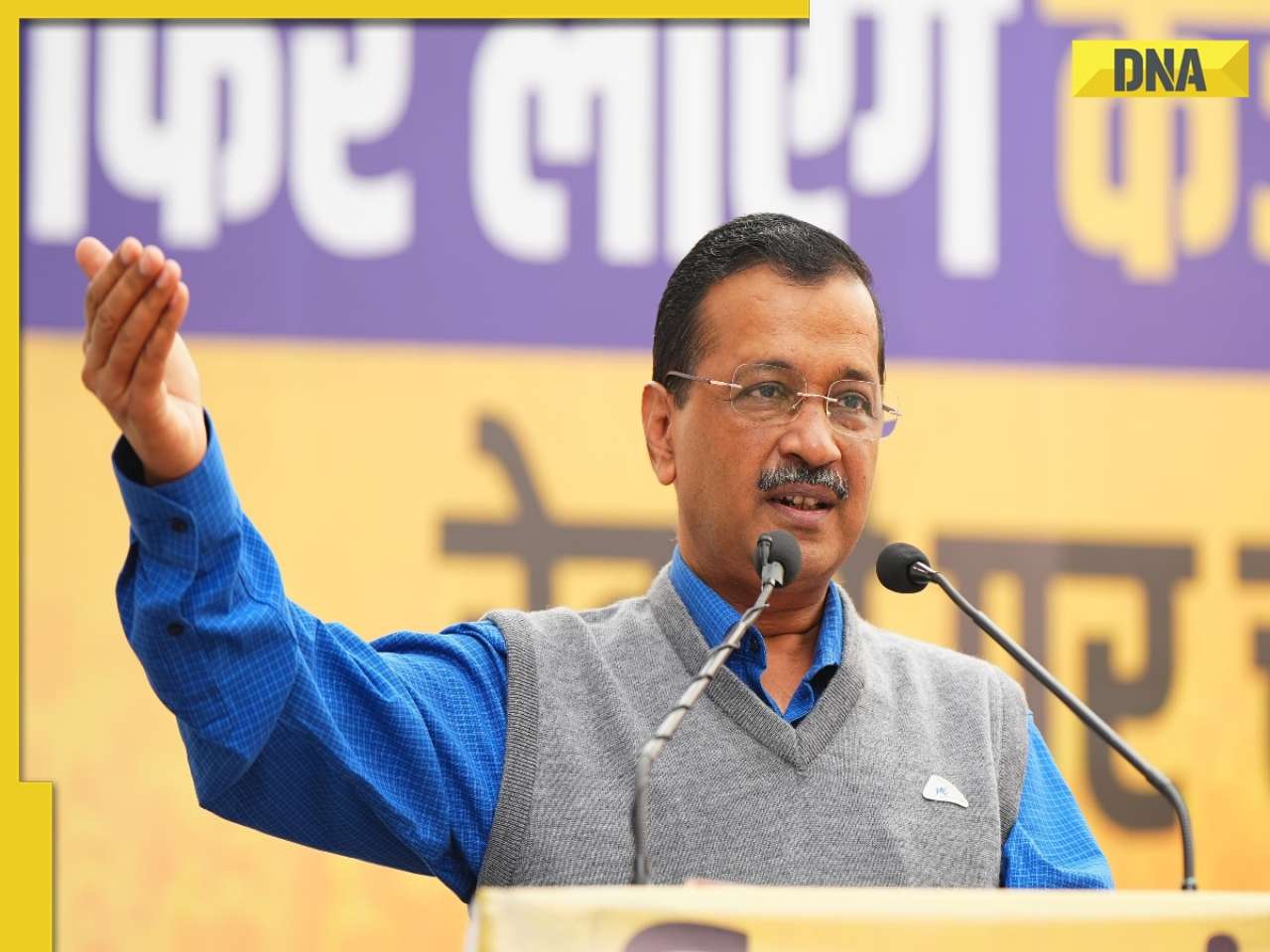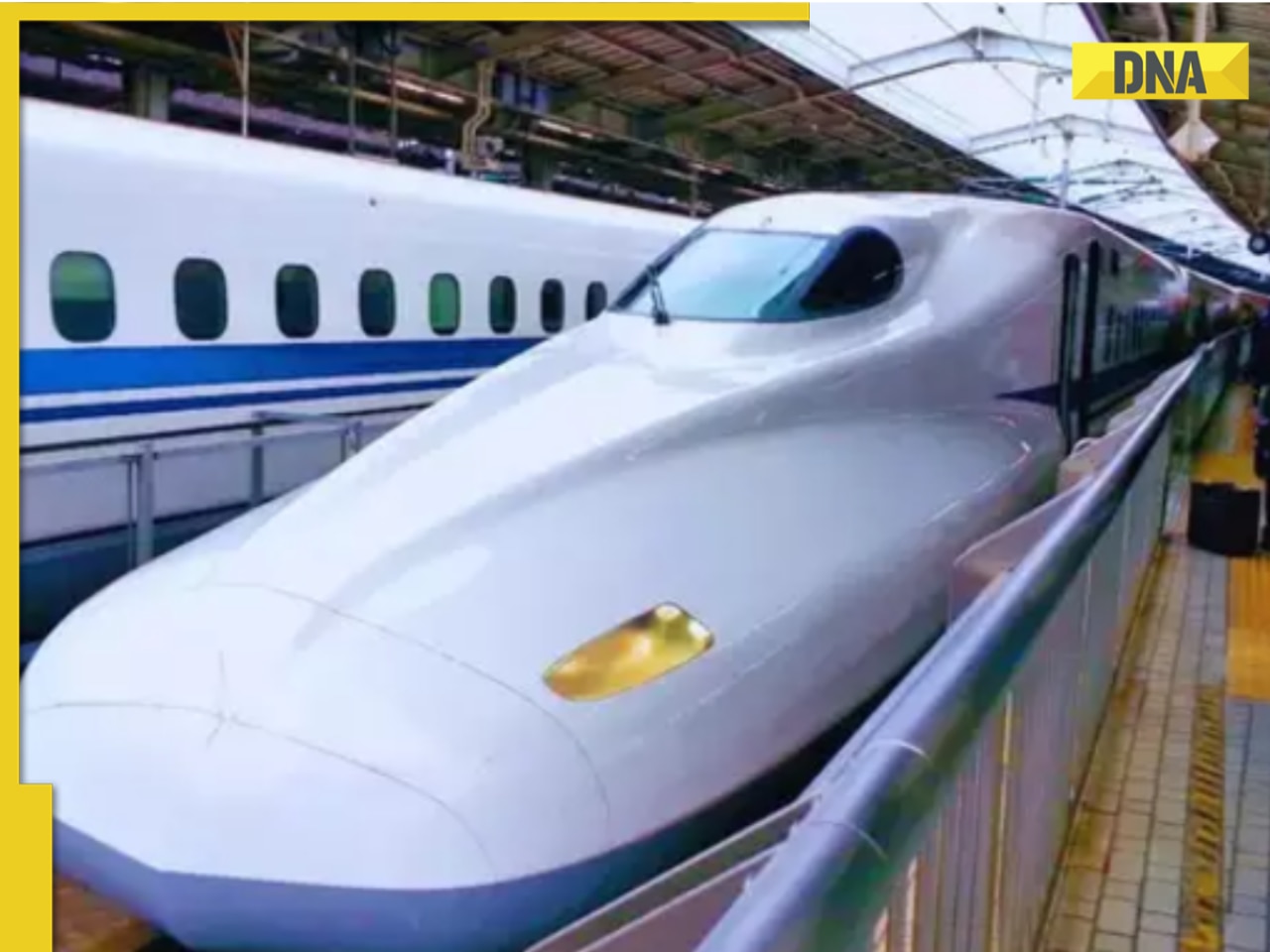- LATEST
- WEBSTORY
- TRENDING
INDIA
Anatomy of a scam: Why Supreme Court verdict on coal allocation makes us rethink our natural resource policy
TRENDING NOW
Land Scam. Gas Scam. Spectrum Scam. Water Scam. Coal Scam. Forest Scam. Stamp Paper scam. CWG scam.
Whatever the scam be, at the centre of it, is the ownership, control and distribution of scarce resources and scarcity. And this should hardly be surprising, because most of history has been the quest to conquer and control these scarce resources. Those who control them dominate history; those who fail to control them do not even make it to the footnotes. The more scarce the resource, and the more key it is to the future of a land or an economy, the more likely are people to use tactics that are neither legal nor honourable to usurp that resource and keep everyone away from its bounty. In a different era, might is right would have been the way of establishing control on scarce resources – wars over land, cattle, slaves, cotton, spices, colonies have been fought for less.
However, the 21st century is, allegedly, a more civilised era than centuries past, and humanity has evolved less bloody methods of allocating resources:
a) It could be individual entities that control the resource and therefore control its exploitation and distribution
b) It could be groups or cartels bidding for a resource to exploit and distribute it at a price decided by it
c) It could be the State controlling the resource, its exploitation and distribution
d) It could be a combination of these.
There are four primary reasons why there is scarcity:
* If there is very little natural occurrence of a resource – for example gold or diamonds are scarce because they don’t occur naturally in great quantities – then optimum allocation is achieved via pricing;
* If a naturally occurring resource is very tightly controlled – for example marijuana and opium, grow freely in nature but are heavily controlled by most governments – in such a case you use the law to ensure scarcity – because the system believes that it is for ‘greater good’ of humanity;
* If manmade products, like stamp paper or guns, are very tightly controlled, the former from the perspective of who is the supplier, and the latter form the point of view of both who makes them and who buys them
* There are too many people consuming that resource – oil would not be a scarce resource if very few people owned vehicles or needed energy.
In each of these cases, scarcity impacts price and availability. There is a premium to be made in bucking the system and creating an underground, illegal, or not so legal route in dealing with these things. if you looked at the 2G scam, it was companies who tried to change the rules so that they were one of the few who took control over a scarce rescource – spectrum; if you look at the Adarsh scam, it was that land is at a premium, especially in South Mumbai, and flats are scarce; and so on. In each case it may be a good idea to understand what is the scarce resource to understand the direction of greed.
At the core of all the scams that we have been witnessing are three very critical, and interlinked, issues:
* Who owns these scarce resources? The ownership of these resources is somewhat ambiguous. Although theoretically, the citizens of India should own all the natural resources that exist within her boundaries, the practise is quite different; the people have very little to say on the allocation of resources or the priority of its use. The Government of India leases out the right to exploit these resources to various corporations – either public holdings or private enterprises – who are supposed to use their expertise to harness these resources for the greater good of society, while still making a profit. The enterprises more or less run these licenses as though they were owners.
* How do you allocate scarce resources? The resources in question – be it land or spectrum, be it drinking water or forest land, be it oil or gas are scarce. Its use by one set of people means less is available for other sets of people. Most of these are not renewable – you can no more grow more spectrum than you can create more petroleum deposits. Are these resources that are nature’s bounty to be split up equally and equitably amongst the people, or do you wait for the market to allocate. And, if the market allocates, how much does the state charge; and finally
* Who benefits the most from the exploitation of the resources – is it, we the people? Is it the corporations? Is it the government?
* And, how do you define profits or measure benefit? Will there be more equitable distribution of resources, so that more people benefit from it? Or should it be measured in terms of the extraordinary profits earned by select few from exploiting scarcity?
It is in this context that we need to look at two of the most important decisions on natural resources that will be taken this month. The first will be the Supreme Court’s decision on the coal scam, and later in the month will be the Government’s decision on the KG basin gas pricing issue. Both are vital in their own way, because both will impact the right of Indians to have affordable energy.
At the core of both lie two simple questions – who owns the natural resources of the nation, and who decides how they should be allocated. Is it the Government who decides what is ‘greater good’ of the nation at large and do all other agendas, including the corporate agenda, get subsumed by this greater good?; or does the government get out of the business of allocation and allow business to choose the most optimum path – even if this optimum path means price fixing cartels, that maximise profits for a few, and a highly improbable trickledown for the rest?
If we assume that the Government needs to act on behalf of the people of the country, and this includes ensuring that the economically and socially marginalised have equitable access to scarce resources; then the decision before the Government is simple. It is also the single most honourable thing to in a situation like this. Cancel all the licenses and start afresh. Let the Supreme Court judgement be the start of a new, transparent and people friendly era of resource allocation that puts the interests of India and Indians above all other interests.
The Supreme Court has declared all the coal licenses to be illegal. There were 218 such licenses allocated of which only 40 are operational, and 6 more are expected to be operational in the near future. While the media and lawyers can debate whether this is judicial overreach or not, the fact remains that the verdict is the best thing that happened to the people of India and its government.
For the Government this is a judiciary sent opportunity to clean up energy production. For coal, they can start with a clean slate and allocate on the basis of the priorities of 2014. They will need to bite the bullet for this, because those who currently own the licenses are powerful industrialists with tremendous clout. And, once they bite the bullet and manage the fallout – maybe the government should have another look at the KG Basin Gas allocations, before they look at pricing. Or maybe the SC can.

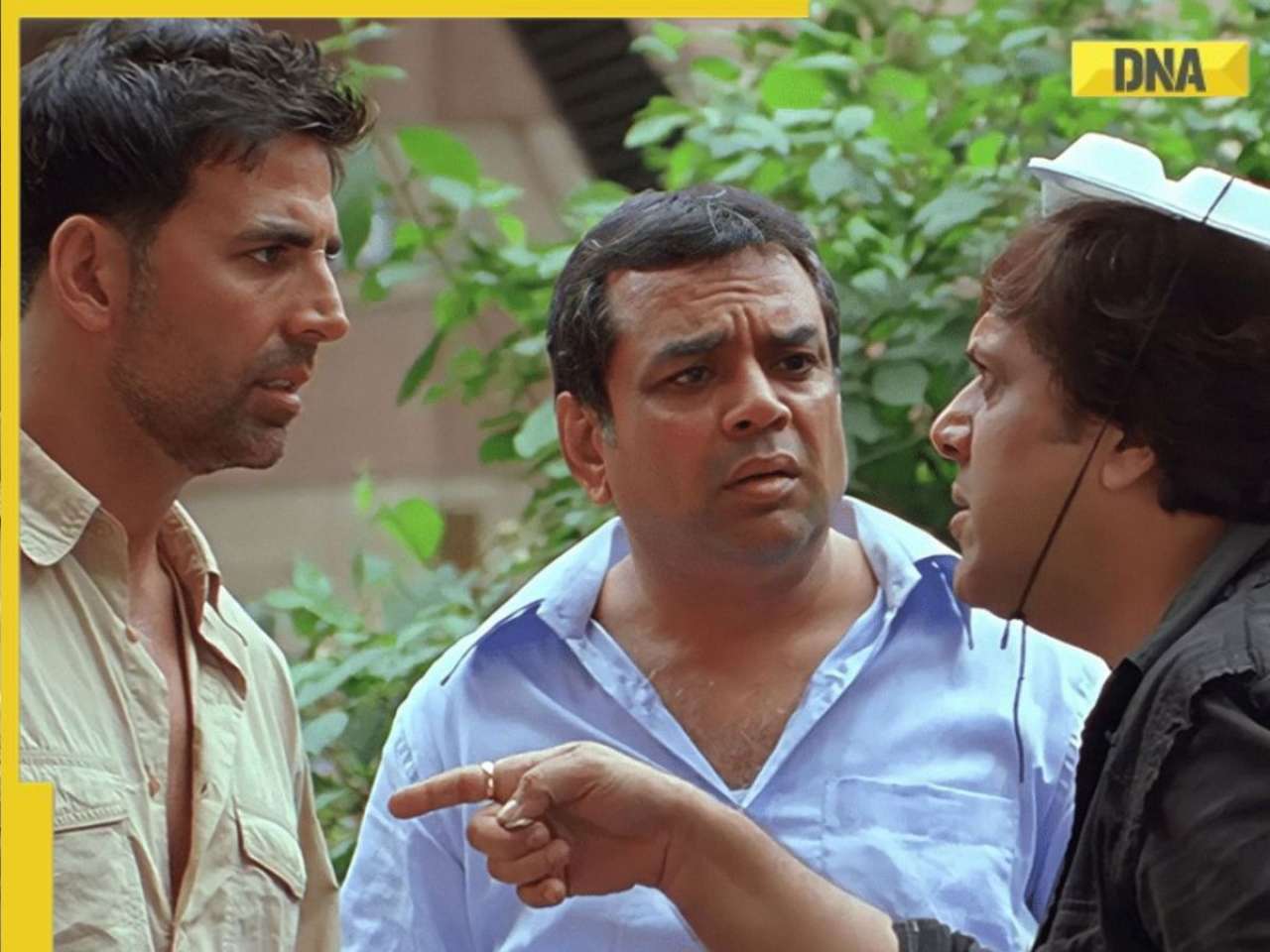





)
)
)
)
)
)
)
)
)
)
)
)
)
)
)
)







